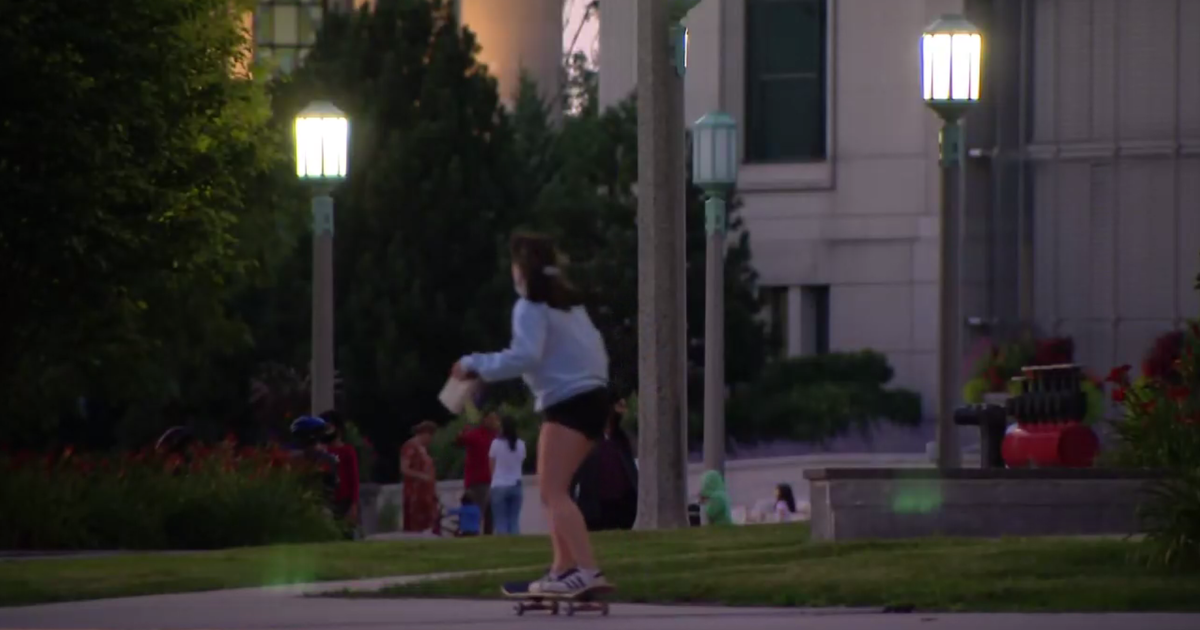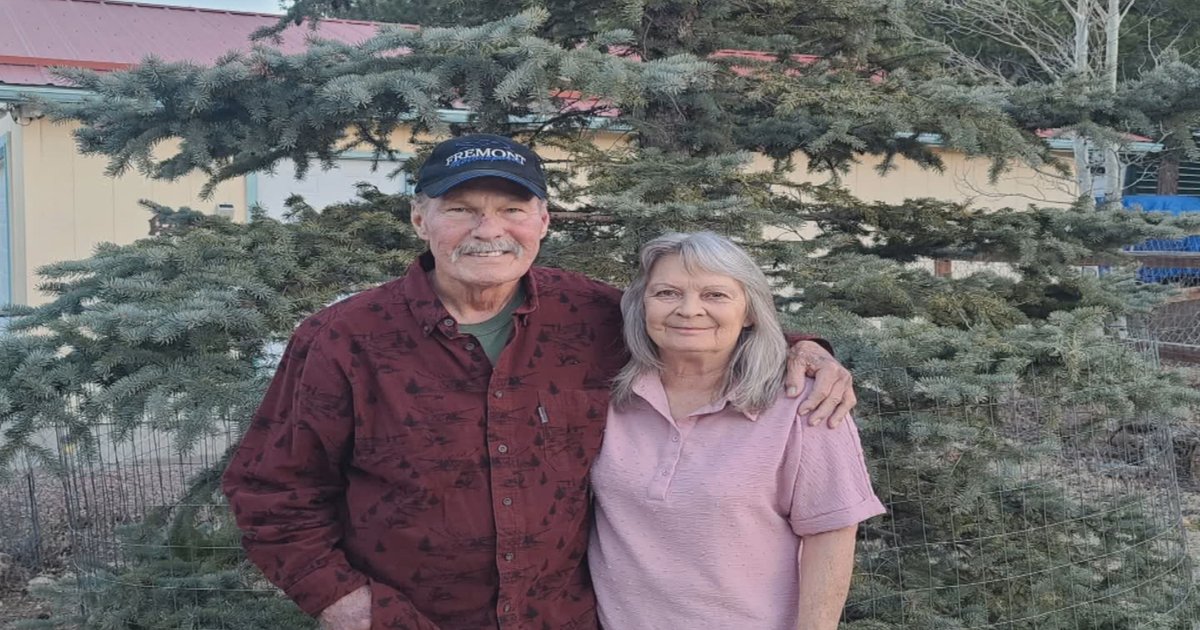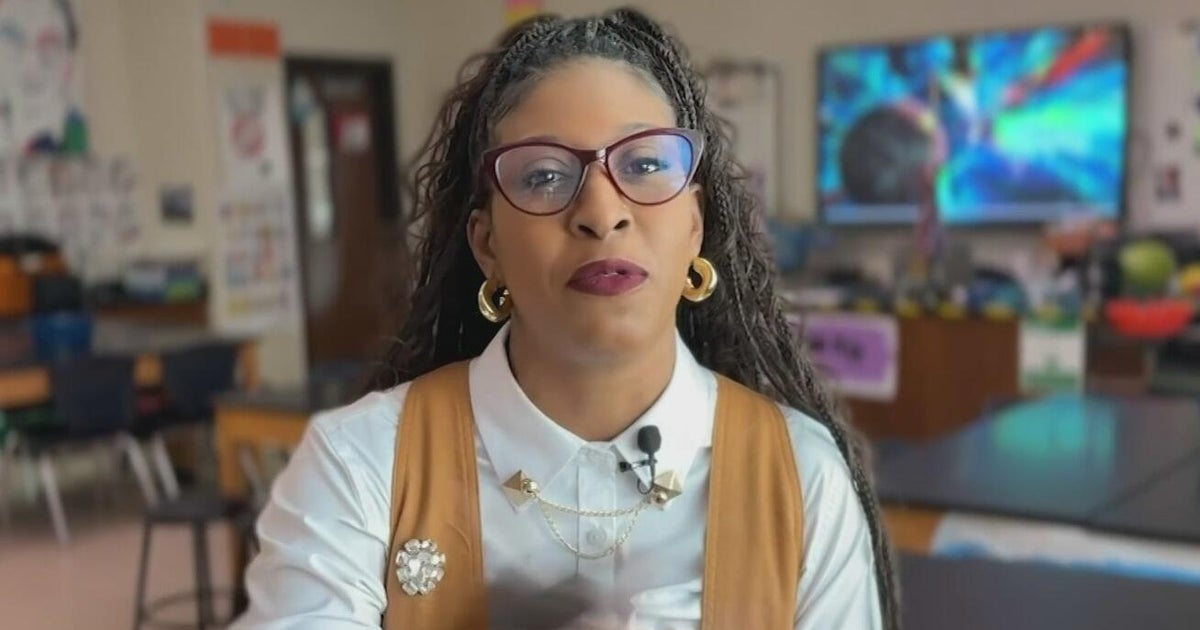More Chicagoans Are Earning Degrees Online Than Ever Before
Are you planning to take a class online? Whether you need to take a course to complete your degree or are considering a return to school, taking an online course can provide you with the flexibility you need to earn your degree.
Online courses are growing in popularity. According to a survey conducted by the Babson Survey Research Group, "More than 6.7 million students nationwide were taking at least one online course" during the fall 2011 term. This figure represented an increase of 570,000 students from 2010.
To gain a better understanding of online classes, we spoke with Gian Mario Besana, Ph.D., who is the associate vice president for academic affairs at DePaul University in Chicago, Illinois. Besana oversees DePaul's online learning program. According to Besana, DePaul, which was founded in 1898, has offered online courses for more than 12 years.
"Online courses appeal to many students at DePaul because they can offer flexibility," Besana explained, noting that many students who take online courses are living in the Chicagoland area and are also working professionals who can complete coursework and take part in class discussions after work. He also noted that approximately 4,600 students take at least one online course at DePaul; according to the university, it has a total enrollment of approximately 25,000 students.
What's a typical online course like at DePaul? Besana said many courses may include recorded lectures, podcasts or narrated PowerPoint presentations. Online quizzes and activities, as well as online discussions, are part of the online course as well. Students are also responsible for completing and turning in assignments.
To take a class online, students need to meet certain technological requirements, which Besana described as "minimal." DePaul's School for New Learning online courses have certain requirements, including a computer that meets the program's memory and hard drive requirements, have access to high-speed internet connections, sound card, speakers and a printer.
So far, the student response to online courses has been favorable. "Sessions fill quickly, and students like the flexibility," Besana said.
DePaul offers a variety of courses online, including those through the School of New Learning, Kellstadt Graduate School of Business, College of Computing and Digital Media and College of Education.
Online courses are appealing to some instructors as well. "Many faculty are seeing more student participation in online courses. In a traditional classroom, you might have one or two vocal students who dominate the conversation, but you don't have that online. With online courses, students can take their time to formulate a response, and everyone can resopnd," Besana said. "It's another aspect of online courses that has enamored the faculty."
Some instructors are also blending traditional courses with an online component. The online courses are a collaborative effort, as Besana and his staff train faculty in how to teach a course online. Besana and his staff might reach out to the faculty to see if an instructor would like to teach a course online, and sometimes faculty approach the staff about starting a course online.
Besana said that online courses offer more structure than traditional courses taught in classrooms. "The instructors feel that online classes can be an effective pedagogical tool for students," he noted.
Megan Horst-Hatch is a mother, runner, baker, gardener, knitter, and other words that end in "-er." She loves nothing more than a great cupcake, and writes at I'm a Trader Joe's Fan. Her work can be found at Examiner.com.







